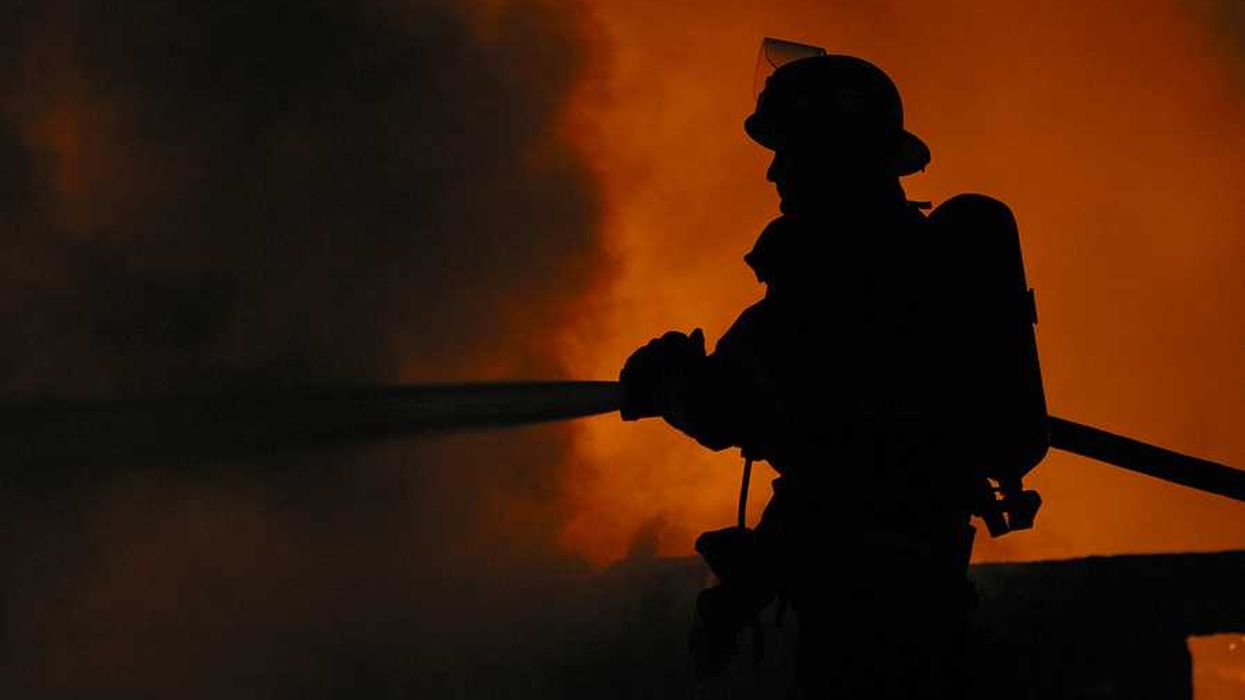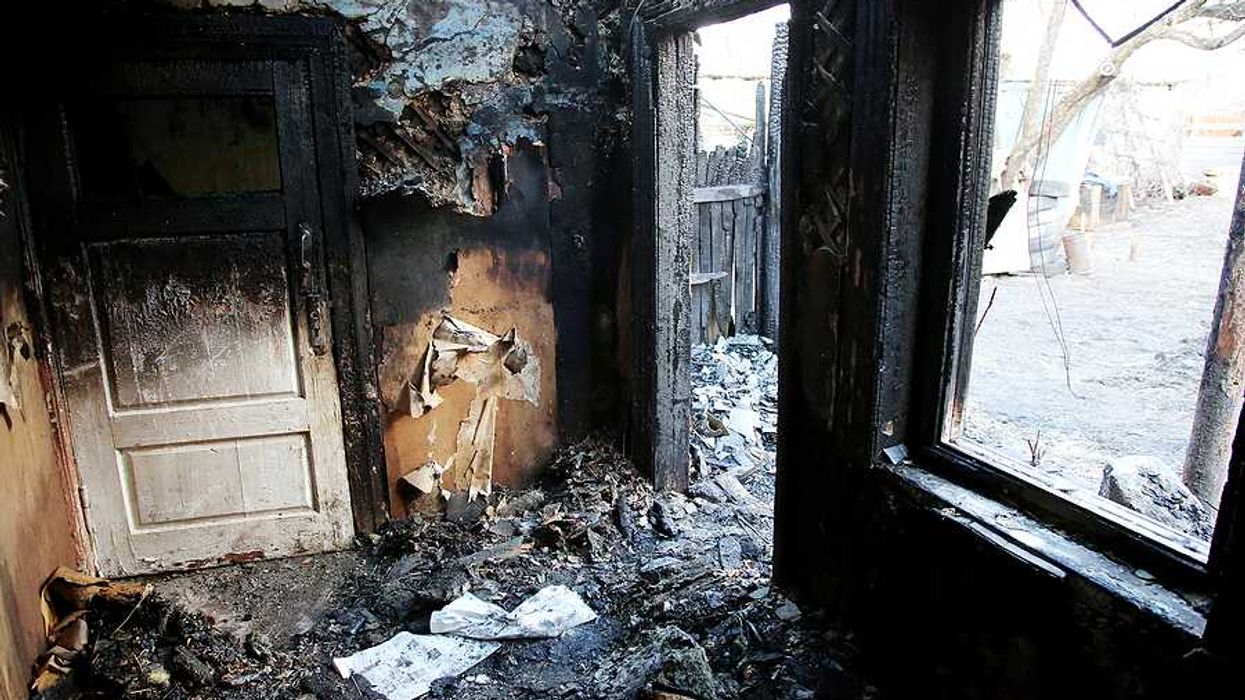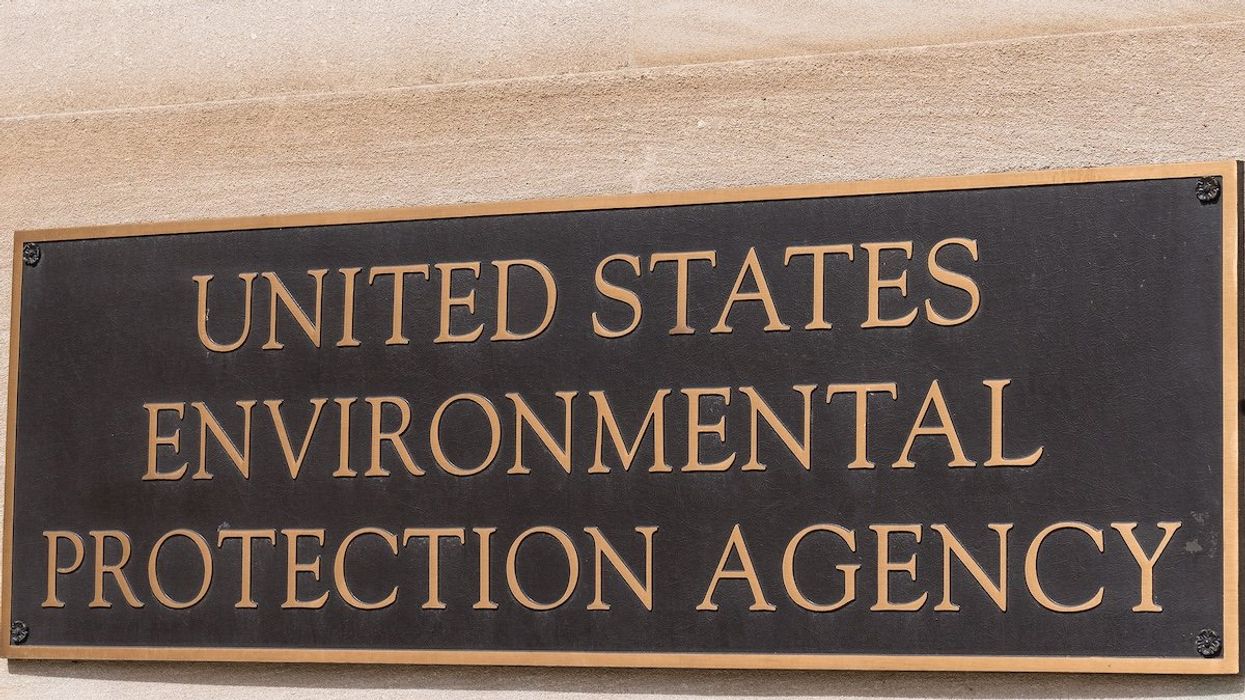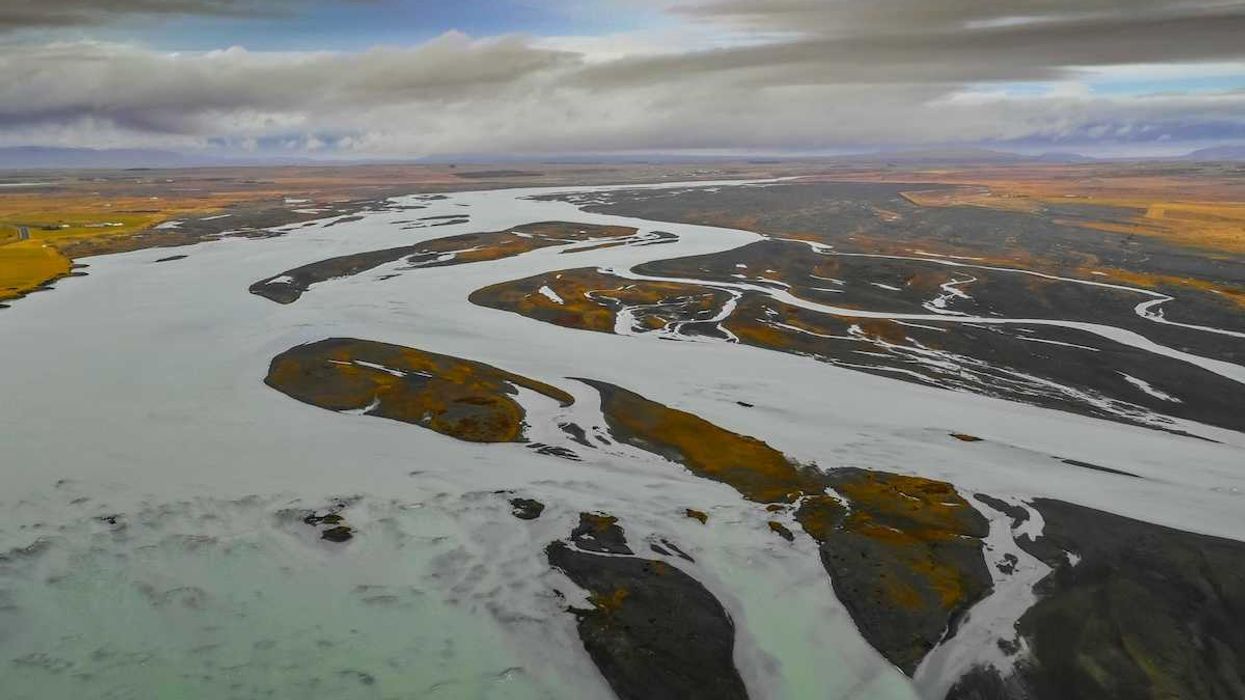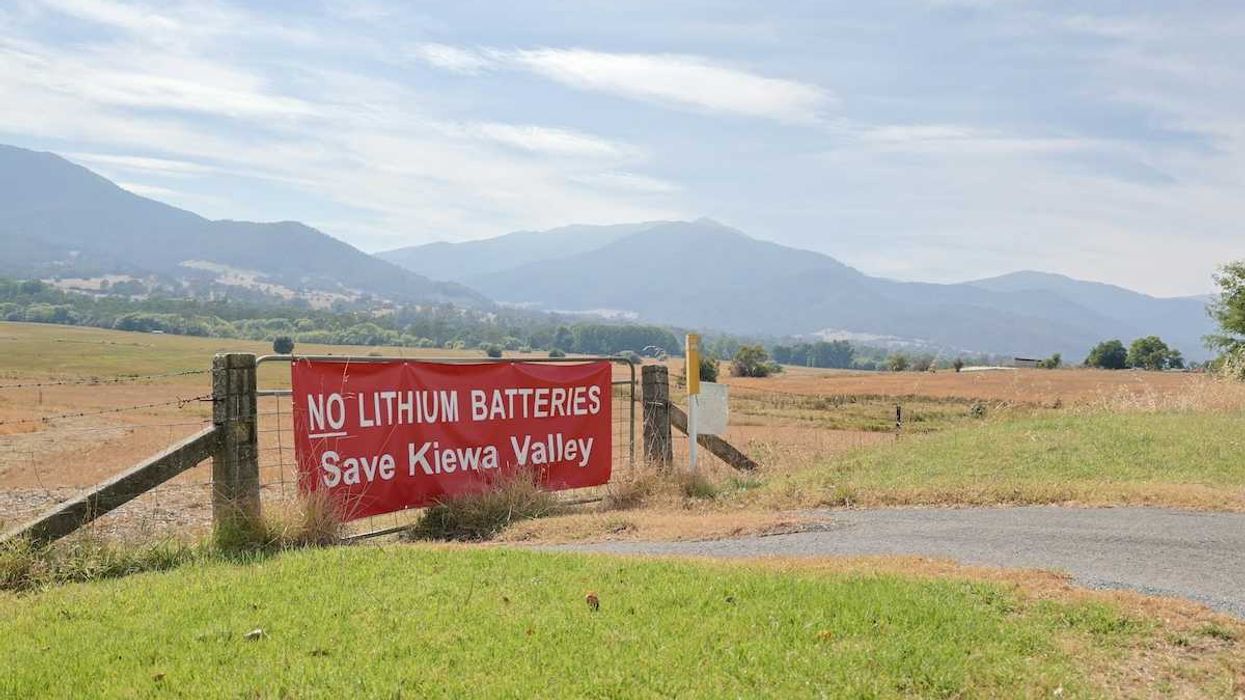Two Colorado lawmakers renewed their push this week for Congress to pass legislation that would improve pay, mental health support, and job protections for federal wildland firefighters.
Sharon Udasin reports for The Hill.
In short:
- Rep. Joe Neguse and Sen. Michael Bennet are promoting “Tim’s Act,” named for smokejumper Tim Hart, who died on duty in 2021, to address pay, retention, and working conditions for federal firefighters.
- Some provisions of the bill — such as temporary pay hikes and mental health services — were already implemented under the Bipartisan Infrastructure Law, but permanent reforms remain stalled.
- Neguse and Bennet say federal firefighters face threats of staff cuts under the Trump administration, while continuing to work long hours in dangerous, high-stress conditions.
Key quote:
“This workforce is underpaid and undervalued, despite putting their lives on the line to protect our homes, families, and communities. Unconscionable.”
— Rep. Joe Neguse, co-chair of the Bipartisan Wildfire Caucus
Why this matters:
Despite the life-threatening nature of their work, many federal wildland firefighters are paid low wages and often go without adequate healthcare, mental health resources, or time off to recover from physical and emotional exhaustion. Congress has scrambled in recent years to stave off a mass exodus with short-term pay boosts, but systemic change remains elusive. The job’s demands are mounting, but so, too, is the country’s dependence on these firefighters, especially as more people move into the wildland-urban interface — areas where human development meets fire-prone wilderness. With recruitment and retention now in crisis, the gap between the scale of the threat and the capacity of the federal firefighting workforce is becoming not just an environmental concern, but a growing national security risk.
Read more: Wildland firefighters face a national crisis amid low pay and high risks





